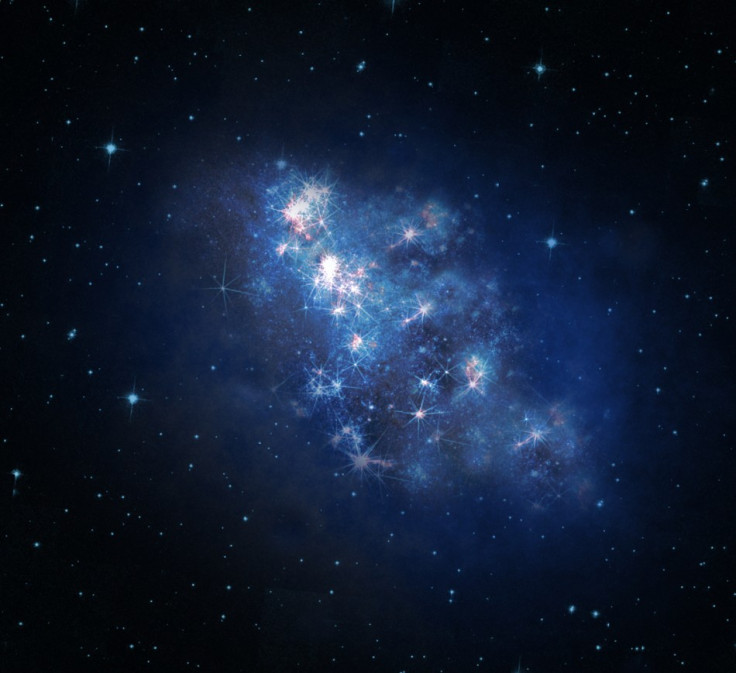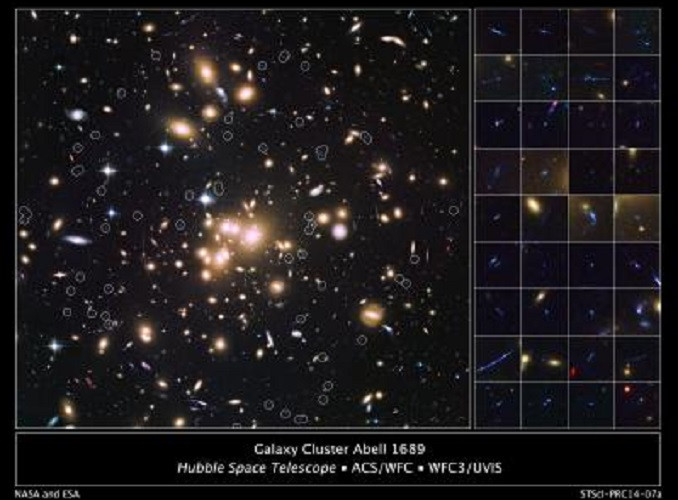Harvard Smithsonian Makes 'Nobel-Worthy' Discovery: Cosmic Inflation Following Big Bang

Scientists at the Harvard Smithsonian Centre for Astrophysics have unveiled their "major discovery" – new evidence that directly supports the Big Bang Theory of the origin of the universe.
The researchers say they have found the signal that was left in the sky straight after the Big Bang, showing it involved rapid expansion into space.
The signal, taken by the Bicep telescope at the South Pole, was emitted a fraction of a second after the Big Bang, the team says.
According to the BBC, their finding is so significant there is already talk of a Nobel prize.
Marc Kamionkowski, from Johns Hopkins University, told the BBC: "This is spectacular. I've seen the research; the arguments are persuasive, and the scientists involved are among the most careful and conservative people I know."
The researchers were looking to detect a residual marker that shows inflation of the universe following the Big Bang.

The Big Bang Theory suggests a huge event took the universe from something very small into something infinite over the course of 14 billion years. The idea of inflation was first proposed in the 1980s, but evidence supporting it has always been lacking.
What researchers needed were waves of gravitational energy that would leave a mark on the oldest light in the universe.
The Harvard Smithsonian team believe they have now identified the gravitational wave from the Big Bang.
"Detecting this signal is one of the most important goals in cosmology today. A lot of work by a lot of people has led up to this point," said Prof John Kovac, leader of the BICEP2 collaboration.
Scientists will now look to replicate their findings to provide even stronger evidence supporting the theory.
Should further tests prove successful, researchers will be able to work out much more about the origin of the universe and how big it is now.
Discussing their research with Space.com, Kovak told the website: "We're very confident that the signal that we're seeing is real, and it's on the sky.
"It's going to be controversial. We can expect that people will try to shoot at it from every direction, and we invite that — that's the scientific process, and it'll be fun and interesting."
© Copyright IBTimes 2025. All rights reserved.






















